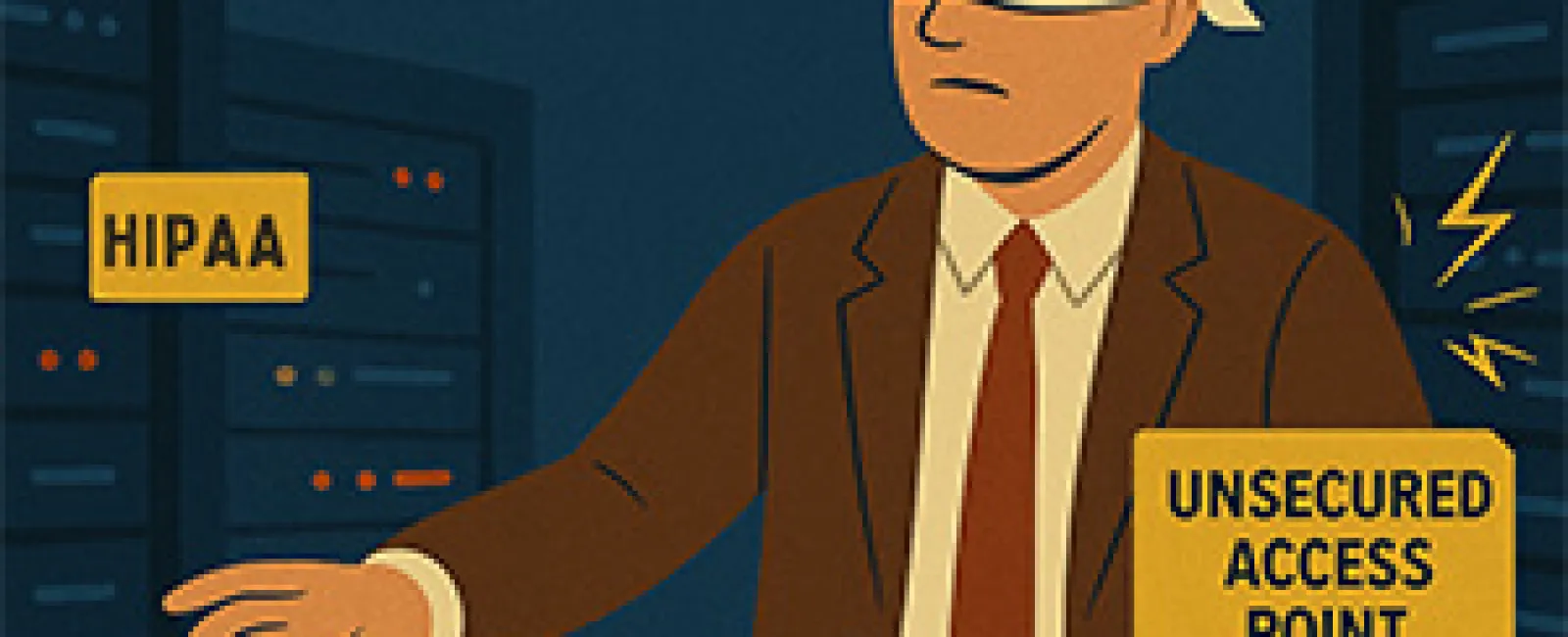July 14, 2025
Many small business owners mistakenly believe that regulatory compliance concerns only large corporations. In 2025, this assumption is dangerously outdated. With regulations tightening across industries, small businesses are now prime targets for enforcement actions.
Why Compliance Is Crucial Today
Agencies such as the Department of Health and Human Services (HHS), Payment Card Industry Security Standards Council (PCI SSC), and the Federal Trade Commission (FTC) have ramped up efforts to safeguard data and protect consumer privacy. Failing to comply is not just a legal risk—it can lead to severe financial losses and damage your business's reputation.
Critical Regulations Impacting Small Businesses
1. HIPAA (Health Insurance Portability and Accountability Act)
If your business manages protected health information (PHI), HIPAA rules apply. Recent updates highlight:
●
Required encryption for all electronic PHI.
●
Ongoing risk assessments to uncover vulnerabilities.
●
Employee education on privacy and security standards.
●
Data breach response plans to mitigate incidents.
Noncompliance can trigger steep fines. For example, in 2024, HHS fined a small healthcare provider $1.5 million for insufficient data safeguards.
2. PCI DSS (Payment Card Industry Data Security Standard)
Businesses processing credit card payments must comply with PCI DSS. Essential requirements include:
●
Secure storage of cardholder information.
●
Continuous network monitoring and vulnerability testing.
●
Deployment of firewalls and encryption technologies.
●
Strict access controls to limit data exposure.
Failure to comply can result in fines from $5,000 up to $100,000 monthly, depending on the violation's extent and duration.
3. FTC Safeguards Rule
Companies handling consumer financial data must:
●
Create a documented information security plan.
●
Appoint a qualified security officer to manage safeguards.
●
Perform routine risk evaluations.
●
Adopt multifactor authentication (MFA) for enhanced security.
Penalties for breaches can reach $100,000 per incident for businesses and $10,000 for responsible individuals. The risks are real.
Real-World Impact of Noncompliance
Consider a small medical office hit by ransomware due to outdated security. They faced a $250,000 fine from HHS and suffered a major loss of patient trust, causing client numbers to plummet. Taking control of your data protection is essential.
Proven Steps to Achieve Compliance
- Perform Thorough Risk Assessments: Regularly inspect your systems to identify and fix security gaps.
- Deploy Strong Security Controls: Utilize encryption, firewalls, and MFA to safeguard sensitive information.
- Educate Your Team: Ensure all employees understand compliance rules and security best practices.
- Create an Incident Response Strategy: Develop a clear plan to address potential security breaches swiftly.
- Work with Compliance Specialists: Collaborate with experts who can navigate complex regulatory landscapes for you.
Act Now Before Consequences Strike
Compliance is more than a legal duty—it's a vital part of building trust and securing your business's future. Ignoring it can lead to crippling fines and lasting reputational harm.
Ready To Evaluate Your Compliance Status?
Take advantage of our FREE 15-Minute Discovery Call to uncover vulnerabilities and confirm your business meets all necessary regulations. Don't let compliance gaps threaten your success.
Click here or call us at (336) 443-0061 to schedule your FREE 15-Minute Discovery Call today.







